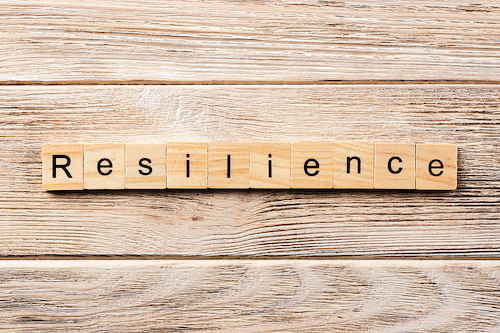February 11, 2025
by Patricia Tomasi

A new study published in PubMed looked at the associated risk and resilience factors of Alzheimer's disease in women with early bilateral oophorectomy. “The study is about risk and resilience factors related to Alzheimer’s disease (AD) in women,” study author Noelia Calvo told us. “Epidemiologic data show that AD is more prevalent in women than in men, but we do not know why."
[More]
February 4, 2025
by Patricia Tomasi

A new study published in PNAS looked at how expert navigators deploy rational complexity–based decision precaching for large-scale real-world planning. “Our study is about the intricate planning processes of London taxi drivers, who are renowned for their exceptional knowledge of the city's layout,” study author Daniel C. McNamee told us. “We aimed to uncover how these expert navigators manage the complex task of route planning across more than 26,000 streets in London.”
[More]
January 7, 2025
by Patricia Tomasi

A new study published in the Journal of the American Medical Directors Association looked at a longitudinal treatment effect analysis of antipsychotics on the behavior of residents in long-term care. “Our study was focused on the use of advanced statistical methods to evaluate the effects of antipsychotic use among nursing home residents who do not have existing conditions associated with psychosis,” study author, Dr. John Hirdes told us. Dr. Hirdes is a professor in the School of Public Health Sciences. “These drugs are often use ‘off label’ to manage behaviours in persons with dementia. We wanted to determine whether these drugs would be effective in managing behaviour problems in long-term care.”
[More]
December 18, 2024
by Elizabeth Pratt

Feeling lonely has a greater impact on sleep for college students than too much screen time.
Research from Oregon State University found that students with high levels of loneliness were more likely to have difficulties sleeping compared with less lonely students, regardless of their level of screen time.
[More]
October 22, 2024
by Patricia Tomasi

A new study published in Environmental Health Perspectives looked at the combined exposure to folate and lead during pregnancy and autistic-like behaviors among Canadian children from the Maternal-Infant Research on Environmental Chemicals (MIREC) Pregnancy and Birth Cohort. “Our study assessed whether the relationship between blood-lead concentrations during pregnancy and childhood autistic behaviours could be mitigated by folate concentrations or folic acid supplementation,” study author Joshua D. Alampi told us. “We hypothesized that the relationship between lead and autistic behaviours would be stronger among study participants with low folic acid supplementation and lower plasma-folate concentrations.”
[More]
October 1, 2024
by Patricia Tomasi

A new study published in the Journal of Child Development looked at autobiographical memory for the COVID-19 pandemic lockdowns, psychological adjustment, and their relation over time. “We were interested in getting some insight on how children and adolescents thought about and remembered their lockdown experiences,” study author Dr. Tirill Fiellhaugen Hjuler from the Department of Child and Adolescent Psychiatry at the Aarhus University Hospital told us.
[More]
September 5, 2024
by Elizabeth Pratt

Scrolling through social media videos could increase boredom and make users feel less engaged with content.
Research published in the Journal of Experimental Psychology: General found that endless scrolling may make users feel less satisfied with the content they view.
[More]
September 3, 2024
by Patricia Tomasi

A new study published in the Psychological Bulletin looked at a meta-analytic review of the association between mental effort and negative affect. “In psychology, there is a decades-long controversy about the nature of mental effort,” study author Erik Bijleveld told us. “On the one hand, psychologists often assume that people avoid mental effort whenever they can.” Bijleveld cites an example of this when people make daily-life decisions such as what restaurant to go to, they are usually not going to process all relevant information that is available to them.
[More]
August 26, 2024
by Elizabeth Pratt

Resilient people are more mindful and show neural activity in the brain regions associated with improved cognition and the regulation of emotions.
UCLA researchers found resilient people were also better at describing their feelings and had gut microbiome activity associated with a healthy gut.
[More]
July 9, 2024
by Patricia Tomasi

A new study published in Child Development looked at how mothers speak less to infants during detected real-world phone use. “Our study looks at how phone use affects parental speech around their children,” study author Kaya de Barbara told us. “We expected that when parents use their phones they would speak less around their kids.”
[More]